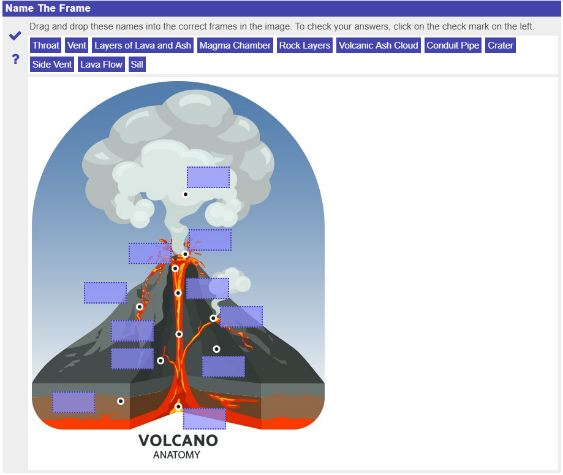Dear Go-Lab teachers,
It is spring time and time for some fresh Go-Lab news.
Go-Lab offers you the largest collection of online labs in the world in one place and we are happy to announce that we now have passed the number of 600 labs on Golabz. Lab #600 is a lab from the Physics at School collection from Vladimir Vascak. With this lab students can perform the double-slit experiment; a quantum physics topic that is notoriously difficult for students. Unfortunately, we had also to unpublish two remote labs because these were not maintained anymore by the organization that built them. This concerns the Robotic Arm Laboratory and the Electromagnetic Crane Laboratory. There were 4 ILSs associated with these labs that also now have been unpublished. But there is also good news. A (remote) lab that was offline for a while has come back, in HTML5 version, the Methyl Orange lab. Another important aspect concerning labs, is that we will soon move to https, to ensure that Go-Lab offers a secure internet connection. In the last few months we have been in touch with many lab owners and many of them, when not already done so, moved to https. Labs that do not offer HTTPS are still available at Golabz but when using in an ILS will open in a separate window, using a not secure connection.

We also have good news for math teachers! The Geogebra app that helps you to convert your Geogebra publications into a lab that can be included in an ILS, was not functioning for a while, but we recovered it and it is now up and running again. So, math teachers can include their own or existing Geogebra applications again in ILSs and offer their students the Go-Lab experience. You can search for Geogebra at Golabz to find existing ILSs using this facility. We hope many more will now follow.

In Golabz we have also made a few major changes and we have also included a few features that were often asked for. We have now extended the search function so that you can also search for people or organizations. For example, if you include PhET in the search, you will be listed all the PhET labs that are on Golabz. A second, new Golabz feature is the commenting function. You can now rate an ILS, lab, or app by using a star rating and by placing comments that can help other teachers who like to use the ILS, app or lab. Commenting can only be done when you are logged in into Golabz.

There is also app news. The calculator app now has two modes. Next to the calculator as you know it, there is now a simpler mode which is more suitable for use in primary education. This, as we have called it, standard mode, only displays basic operations (addition, subtraction, multiplication and division). The advanced mode adds square root, exponentiation and nesting. The calculator now shows the entered formula and its result, instead of only showing the last value. Soon, we will also add a third mode, to be selected in the configuration in Graasp, a scientific mode to the calculator.

Concerning the apps, the popular hypothesis scratchpad will undergo a change. To give students more support in creating hypotheses, you can now choose for limited mode option. When you use this option, students will be using “blocks” instead of single terms and each block has a meaningful type (operator or variable). Using the type information which helps students to create only structural valid hypotheses. You can choose for the current version of the hypothesis scratchpad or this more supportive version in the Graasp configuration. In addition, there will be a new Hypotheses Scratchpad Basic, specifically aimed at primary education. Here, the kids only need to drag one block between the IF and THEN and one after the THEN. An example of blocks would be: "the temperature increases", "the temperature decreases", "more ice melts" and "less ice melts". In both Hypotheses Scratchpads, now also images can be used instead of words. Another new app that will be published soon, is the Name the Frame app. With this app you can ask students to place labels in a figure to identify the elements, you can give feedback to students if they have done the correct labeling.

Further app news that is in the pipeline is that we will make many of the apps collaborative. This means that if you add collaboration to your ILS, apps will have an extra feature that you can select and enable groups of students work together at an app. All students in the group will see the same app and they can see each other working. As teacher, you can decide which students should be together in a group. We will also add a chat facility to the ILSs so that you can offer your students full collaboration on the distance.
Following a recent analysis, we have estimated that, until January 2019, almost 1900 ILSs, in many different languages, have been used in real classroom situations and the number of published ILSs at Golabz is now approaching the 1000. Of course, we will celebrate ILS #1000 in a special way. There are also a large number of ILSs being used that are not published by their authors. If you think your ILS can be shared, pls offer it for publication at Golabz, so other teachers and students around the world can benefit from your good ideas. Thanks to you all for using Go-Lab in such an intensive way!
I will be back to you with a new Go-Lab newsletter around the summer!
Ton de Jong
Next-Lab coordinator
